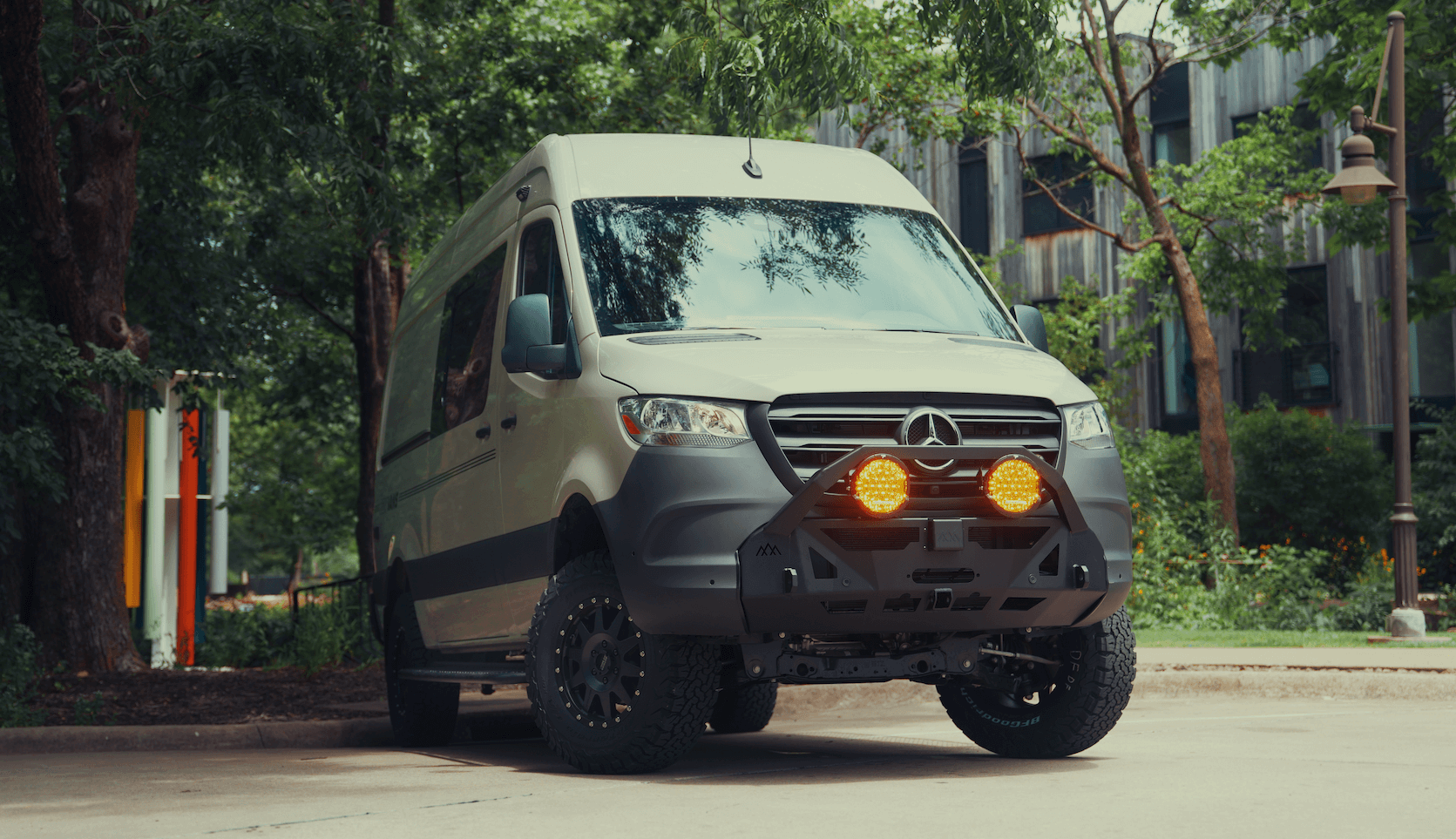Recreational Vans

A van for living turns limited square footage into dependable daily rhythm. Start with zones. Sleep, cook, work, and store gear without collisions. Fixed beds save time and hide bulky storage underneath, while convertible beds reclaim daytime seating. For a van to live in, most builders choose a simple galley with a sink, induction or propane cooktop, and a 12 volt fridge sized 45 to 85 liters.
Power keeps the whole plan moving. Modern setups pair 200 to 600 amp hours of lithium with a 1500 to 3000 watt inverter. Expect 200 to 400 watts of roof solar on mid roof vans and up to 600 watts on high roofs if you keep roof clutter minimal. Alternator charging covers cloudy stretches and short drives. For living in a sprinter, shore power ports are useful at trailheads and friends’ driveways.
Water planning should reflect your travel cadence. Common fresh water capacity ranges from 20 to 40 gallons with 5 to 15 gallons of gray. Keep fill and drain access simple, and add a quick outdoor rinse for muddy gear. Ventilation matters as much as water. A roof fan near the galley and screened windows by the bed move heat and humidity without constant AC.
Weight and balance are often overlooked. Keep heavy items low and between the axles. Use aluminum framing and lightweight composites where possible. This protects braking performance and preserves payload for bikes, boards, and tools. Sound deadening and insulation reduce road fatigue and stabilize interior temperatures, which makes sprinter van living quieter and easier.
Sprinter life offers a tall standing interior, strong drivability, and wide upfit support. High roof models allow overhead cabinets and comfortable headroom, which helps a van to live in feel like a studio rather than a tent. The long wheelbase SwB or LWB decision changes everything. A longer body fits fixed beds and full galleys but requires more care in tight cities and trailheads.
Driving dynamics matter. Sprinters track well on highways and feel planted when loaded correctly. All terrain tires and upgraded shocks smooth washboard roads. Parking is the daily reality check. Scout lot heights and overnight rules ahead of time. For stealthy nights, keep exterior clutter minimal and use low light inside. Living in a sprinter means trading some spontaneity for planning, and the payoff is waking up near the trail or river.
Safety and systems confidence add peace of mind. Protect your electrical with fusing and quality cabling. Ventilate when cooking. Secure propane if used, with an exterior vented locker. Install smoke, CO, and propane detectors. Mount a high quality fire extinguisher within reach of the sliding door.
Connectivity turns a rolling home into a productive space. Roof mounted antennas improve cellular signal, while portable hotspots provide flexible data plans. If you work remote, build a stable desk surface and rely on dimmable task lighting. A van for living succeeds when comfort supports your hours off the road and your hours on the clock.
The budget for a van to live in ranges widely with materials and systems. Expect electrical to be the biggest line item, followed by cabinetry, climate control, and windows. Durable finishes reduce long term costs. Baltic birch, powder coated aluminum, and marine grade flooring handle moisture and movement.
Daily routines smooth out with small habits. Set a reset time each evening to stow gear, charge devices, and refill water bottles. Keep a quick grab kit by the slider with headlamps, dog leash, and jacket. For food, batch cooking with an induction cooktop keeps energy predictable. In cold seasons, pair a diesel heater with moisture management. In hot seasons, prioritize airflow, shade, and active hydration. Sprinter life thrives on simple systems that do their job without fuss.
If the research phase has you ready to build, professional upfitters can translate your wish list into tested systems that work together. A balanced design protects payload, preserves drivability, and keeps your off grid days consistent. When sprinter van living becomes your norm, reliability beats novelty every time.
OZK Customs turns these principles into finished vans with clear planning and precise execution. From power system design to cabinetry and water management, our team builds complete adventure vans that feel natural on the first drive. Explore Recreational van builds, see options for Custom build vans, and review our Mainstream vans to choose your path. Tell us how you travel and we will help you step into a van for living that fits your miles, seasons, and gear.
Ready to move from research to the road. Tell us how you travel, how many sleep aboard, and what off grid time you want. OZK Customs designs and builds complete Sprinter and adventure vans with tested power, water, and storage systems. Fill out the form and we will map your build path, clear pricing, and timeline so your van to live in is dialed from day one.
ADDRESS:
6159 E Huntsville Rd, Fayetteville, AR 72701
PHONE:
(479) 326-9200
EMAIL:
info@ozkvans.com